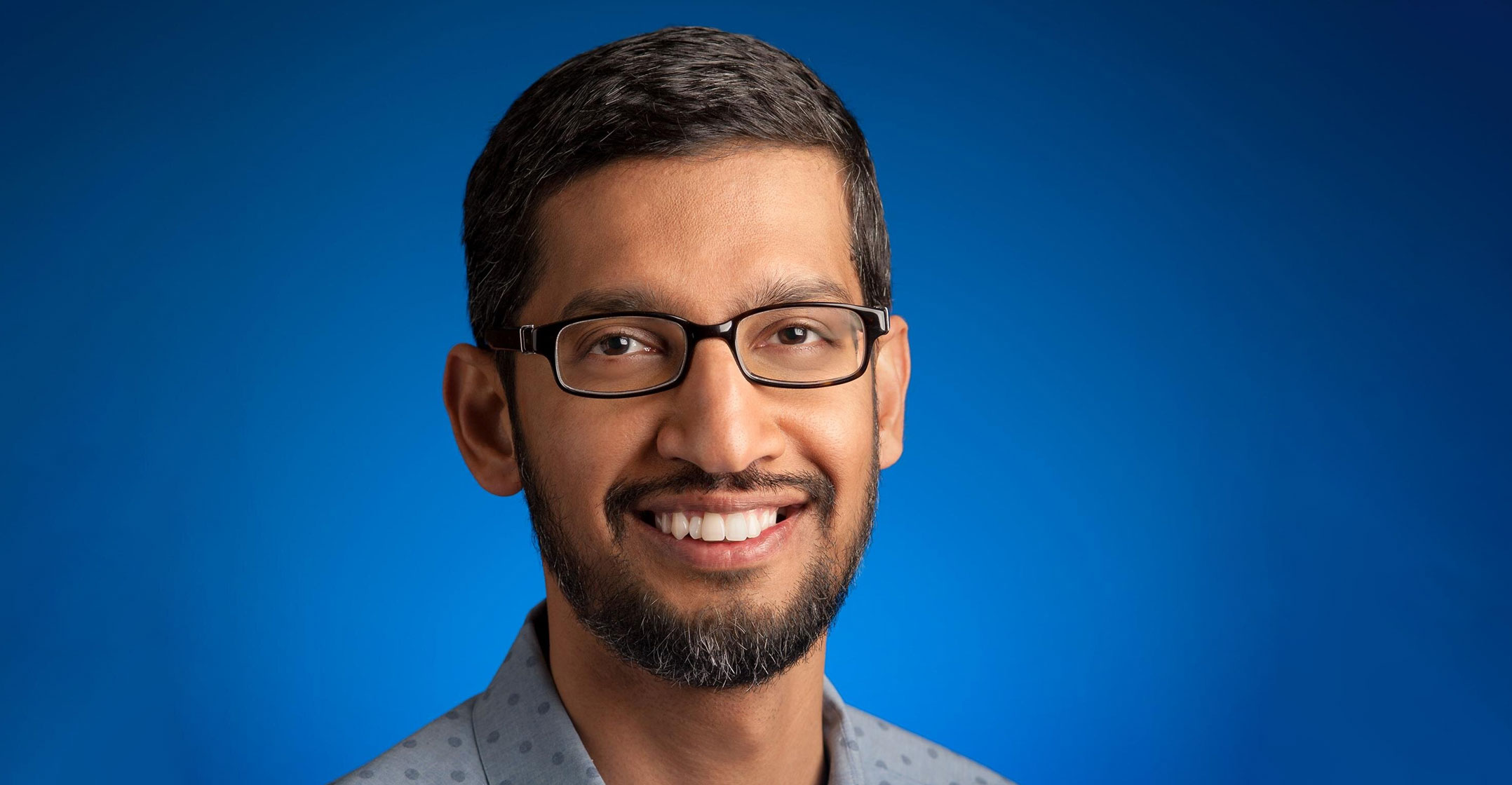
Google plans to pay US$1-billion (R16.6-billion) to publishers globally for their content over the next three years, its CEO said on Thursday, a move that could help it win over a powerful group amid heightened regulatory scrutiny worldwide.
News publishers have long fought the world’s most popular Internet search engine for compensation for using their content, with European media groups leading the charge.
CEO Sundar Pichai said the new product called Google News Showcase will launch first in Germany, where it has signed up German newspapers including Der Spiegel, Stern and Die Zeit, and in Brazil with Folha de S.Paulo, Band and Infobae.
The product will be rolled out in Belgium, India, the Netherlands and other countries. About 200 publishers in Argentina, Australia, Britain, Brazil, Canada and Germany have signed up to the product.
“This financial commitment — our biggest to date — will pay publishers to create and curate high-quality content for a different kind of online news experience,” Pichai said in a blog post.
The product, which allows publishers to pick and present their stories, will launch on Google News on Android devices and eventually on Apple devices.
“This approach is distinct from our other news products because it leans on the editorial choices individual publishers make about which stories to show readers and how to present them,” Pichai said.
Licensing deal
The product builds on a licensing deal inked to some media groups in Australia, Brazil and Germany in June, which drew a lukewarm response from the European Publishers Council.
Google is negotiating with French publishers, among its most vocal critics, while Australia wants to force it and Facebook to share advertising revenue with local media groups.
Google’s funding for news organisations has frustrated other Internet publishers, such as weather websites and recipe tools, which say Google has hurt their revenue. — Reported by Foo Yun Chee, with additional reporting by Paresh Dave and Diane Bartz, (c) 2020 Reuters




